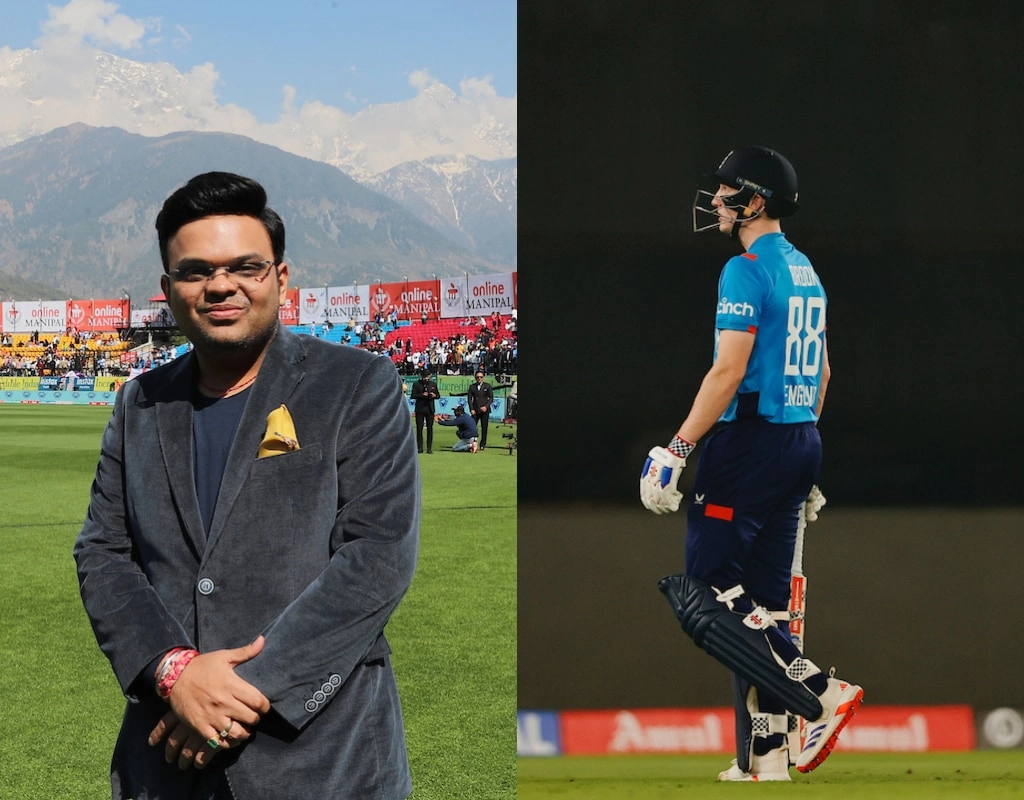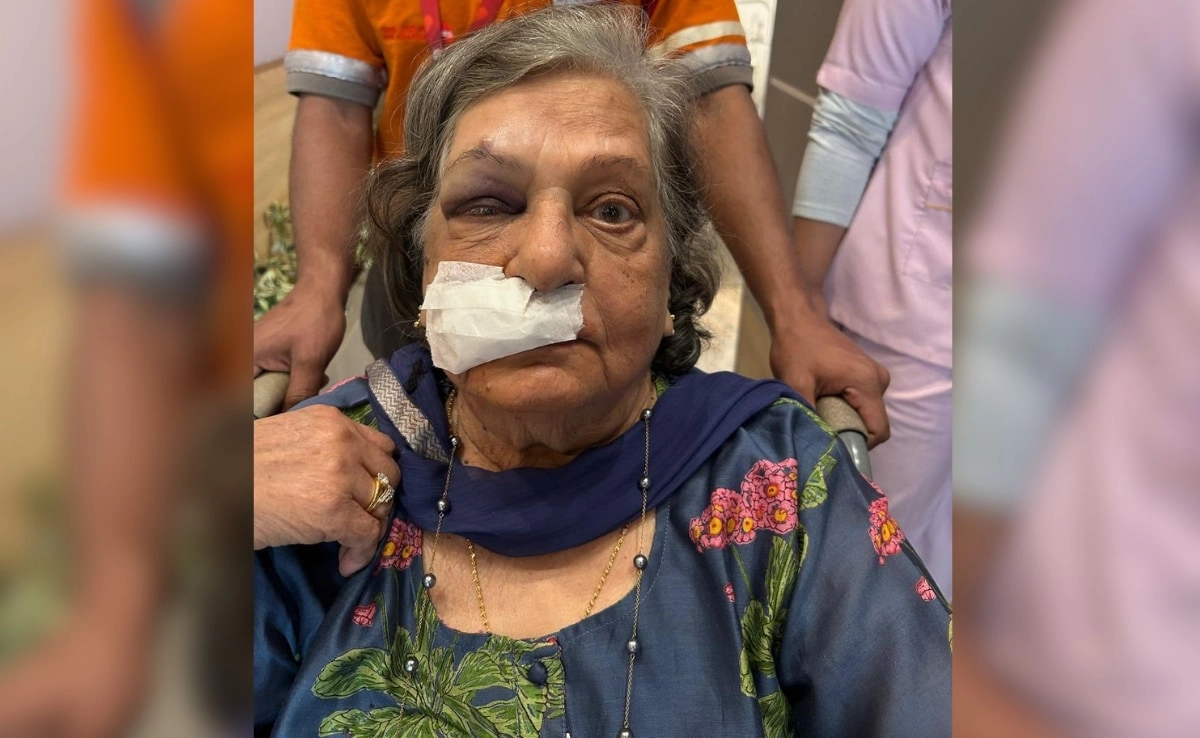In recent developments within the cricketing world, the Board of Control for Cricket in India (BCCI) is facing scrutiny regarding a two-year suspension imposed on certain players. This decision has sparked significant discussions among fans, analysts, and players alike, particularly in relation to the impact it will have on the Indian Premier League (IPL) and its participants. Among the voices weighing in on this contentious issue is a blunt commentary from one of Brook’s teammates, who has openly criticized the BCCI’s decision, calling it unwarranted and detrimental to the sport.
The teammate’s remarks reflect a broader sentiment of frustration within the cricket community. Many players and stakeholders are concerned about how such a ban could disrupt team dynamics and hinder the growth of the league. The IPL, known for its competitive spirit and entertainment value, thrives on the participation of top talent from around the globe. A two-year ban not only sidelines players but also raises questions about the league’s integrity and the BCCI’s approach to governance. This situation could potentially alienate fans and sponsors who are drawn to the league’s vibrancy and the caliber of players involved.
As the BCCI navigates the fallout from this decision, the call for transparency and fairness in disciplinary actions grows louder. Critics argue that the governing body needs to establish clearer guidelines and a more consistent framework for handling such issues. The player’s blunt verdict serves as a reminder that the decisions made by cricketing authorities have far-reaching implications, not just for the individuals involved but for the entire ecosystem surrounding the sport. The cricketing community anxiously awaits the BCCI’s next steps, hoping for resolutions that prioritize the integrity of the game while also allowing players to thrive in an environment that fosters competition and camaraderie.
In conclusion, the BCCI’s handling of the two-year IPL ban is not simply a matter of regulatory enforcement; it has become a focal point for discussions about the future of cricket in India. As stakeholders rally for a more equitable approach, the need for dialogue and reform within the governing body has never been more pressing. The outcome of this situation will likely shape the landscape of Indian cricket for years to come, making it essential for all parties involved to engage in constructive conversations that prioritize the sport’s growth and the well-being of its players.




